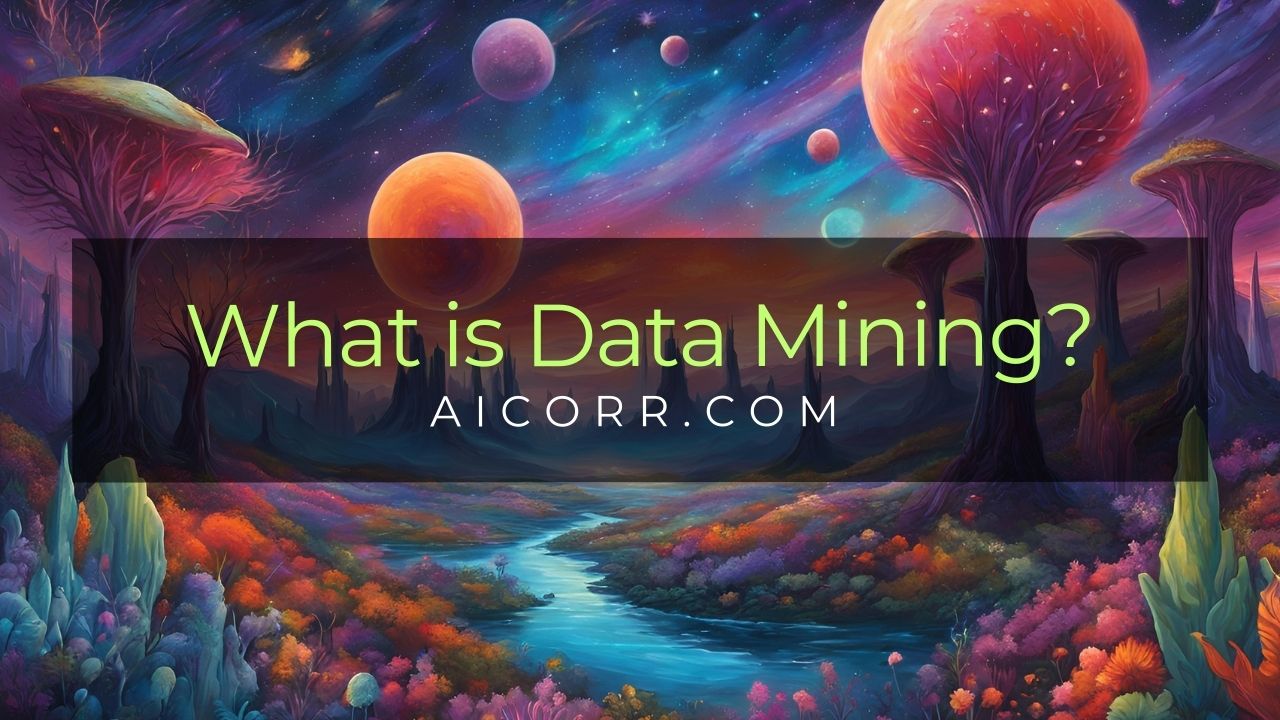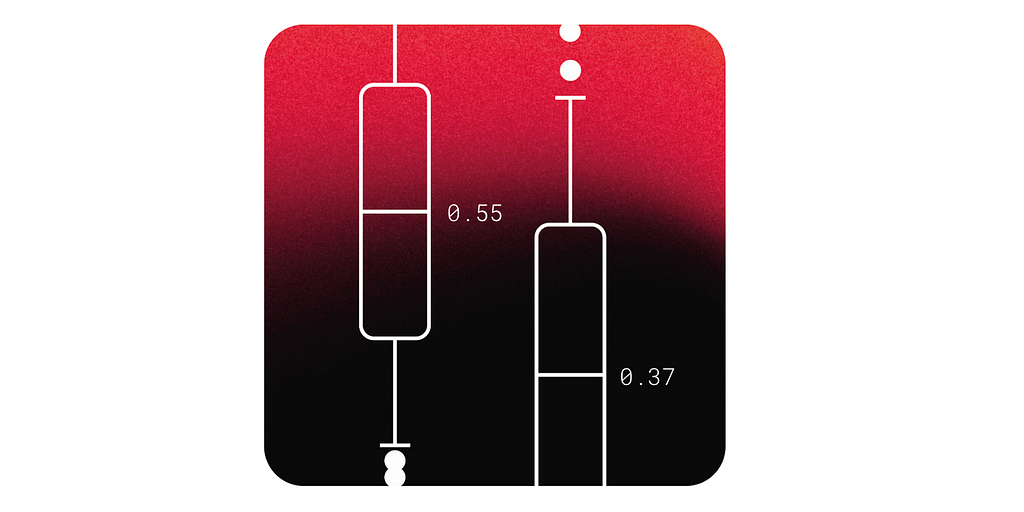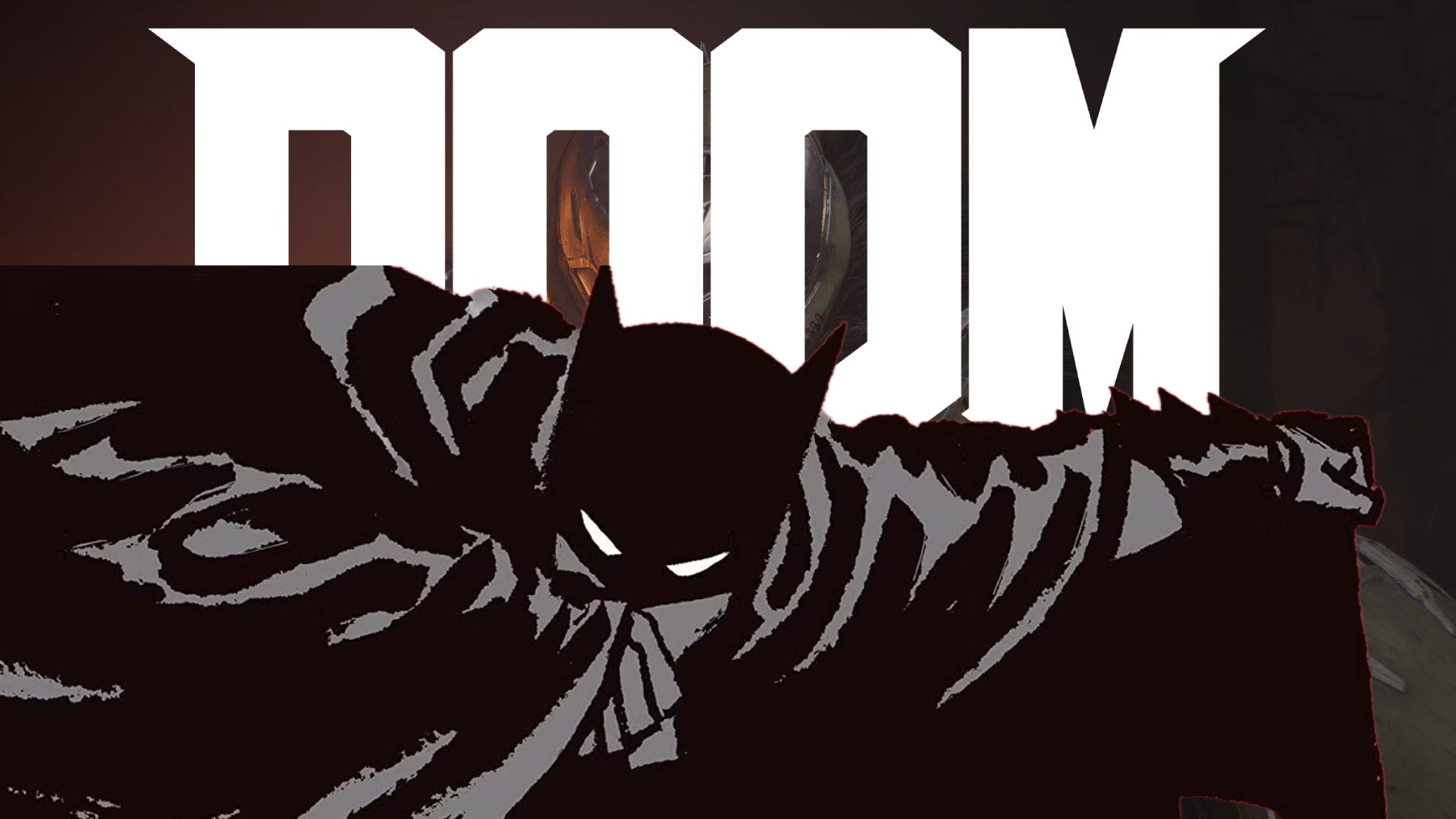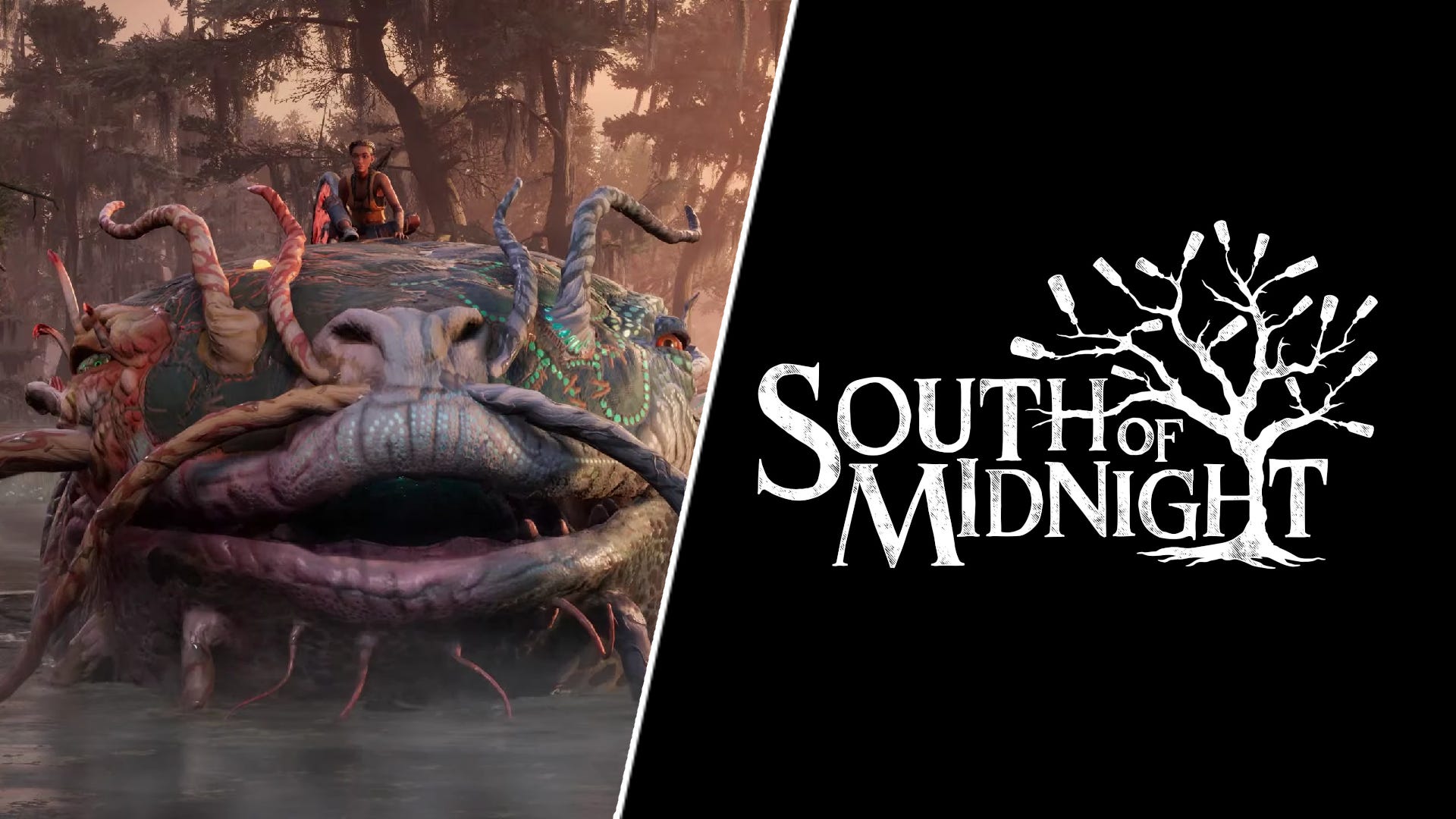Aggregate with a huge list of value objects
I'm currently reading "Implementing Domain-Driven Design" while going through the code samples, but I'm having trouble modeling aggregates that stores a huge list of value objects. For example, here's one of the subdomains dealt with the book (adapted for Rust): struct Person { id: PersonId, } struct GroupMember { person_id: PersonId, joined: DateTime, } struct Group { id: GroupId, members: HashSet, } Person and Group here is an aggregate and GroupMember is a value object inside the Group aggregate. What troubles me is that members here can represent a really big list, so loading them into memory every time can really hurt performance. I tried to look into any prior art for dealing with this problem, but I can't find any information on it. I'm not very familiar with Java, but it looks like that a lot of DDD examples uses some kind of lazy-loading mechanism with some Java ORM. But I'm using a raw SQL library, so that's not an option for me. The way I deal with it right now is that I'm extending the Group aggregate's repository to include methods for fetching the GroupMember value object separately: trait GroupRepository { fn group_member_of_group_id(group_id: GroupId, limit: u32) -> Vec; fn add_group_member(group_id: GroupId, member: GroupMember); } The limit is here so that you can fetch them gradually, without having to loads tens of thousands of them straight to memory. Is this a valid approach? Has a concept like this been explored before in DDD? Some advice would be appreciated.
I'm currently reading "Implementing Domain-Driven Design" while going through the code samples, but I'm having trouble modeling aggregates that stores a huge list of value objects. For example, here's one of the subdomains dealt with the book (adapted for Rust):
struct Person {
id: PersonId,
}
struct GroupMember {
person_id: PersonId,
joined: DateTime,
}
struct Group {
id: GroupId,
members: HashSet,
}
Person and Group here is an aggregate and GroupMember is a value object inside the Group aggregate.
What troubles me is that members here can represent a really big list, so loading them into memory every time can really hurt performance.
I tried to look into any prior art for dealing with this problem, but I can't find any information on it. I'm not very familiar with Java, but it looks like that a lot of DDD examples uses some kind of lazy-loading mechanism with some Java ORM. But I'm using a raw SQL library, so that's not an option for me.
The way I deal with it right now is that I'm extending the Group aggregate's repository to include methods for fetching the GroupMember value object separately:
trait GroupRepository {
fn group_member_of_group_id(group_id: GroupId, limit: u32) -> Vec;
fn add_group_member(group_id: GroupId, member: GroupMember);
}
The limit is here so that you can fetch them gradually, without having to loads tens of thousands of them straight to memory.
Is this a valid approach? Has a concept like this been explored before in DDD? Some advice would be appreciated.
What's Your Reaction?


















































